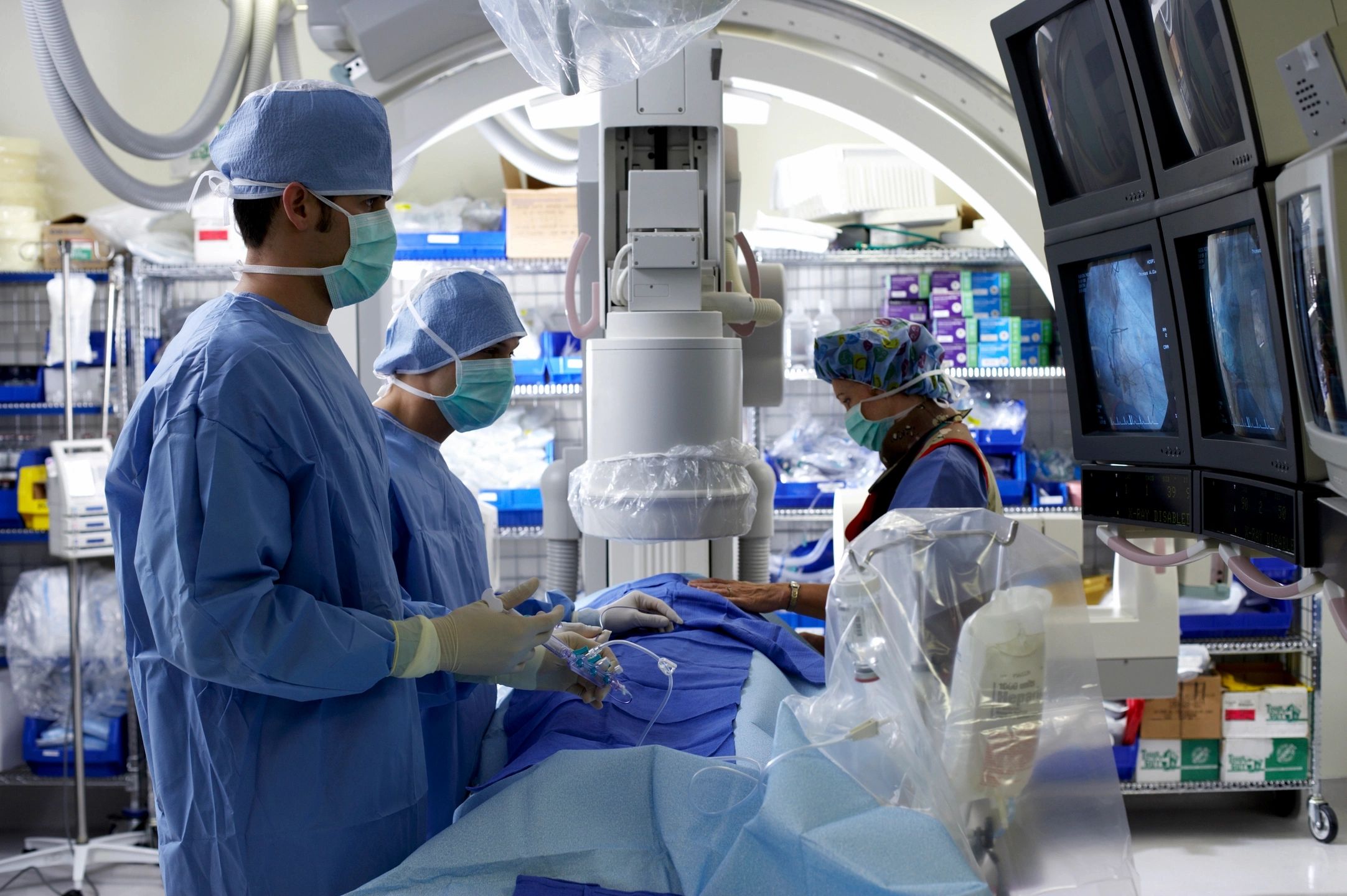5 Common Industries That Use Shoe Covers As Personal Protective Equipment (PPE)

The personal and home-use of shoe covers has grown wide in popularity mainly to protect the wearer’s shoes. We are talking about protection from different elements such as rain, mud, liquid and dust and reduce instances of scratching and scuffing. You want to prolong the life of your shoes? Then, use shoe covers.
But, did you know, long before shoe cover was considered for personal use, it was in fact a staple gear that forms part of a certain industry’s Personal Protective Equipment (PPE) for workers? The protection being provided by the use of a shoe cover is nothing short of crucial. It expands to not just your shoes but to your body in general and the whole environment, especially controlled, that you work or move around in.
Here are the common industries that use shoe covers as PPE:
- Healthcare Industry
The healthcare industry easily tops the list of those that use shoe covers as PPE. We are talking of hospitals, medical laboratories, isolation units, pharmaceutical testing centers and other medical facilities. Part of the upkeep and maintenance of a controlled environment of a medical facility is to minimize contamination and tighten infection control.
These facilities demand a sterile environment or area, necessary to administer the required healthcare for patients. When we say sterile, it means free from viruses, bacteria and other micro-organisms that can contaminate the sterile facility, which may cause bacterial infection or virus transmission.
The basic PPE especially in isolation units where hospital workers are more exposed to the risk of contamination and transmission covers from head to toe. Head cap or hood, goggles, mask or respirator, hospital gowns or suits then shoe covers compose the basic hospital PPE.
The shoe cover in this industry protects not only the sterile environment from foreign elements that may be brought in from outside of the medical facility, by the workers. But, it also protects the worker himself inside the facility from spills or drops of infected body fluids. And, it reduces the risk of the worker being a transmitter of viruses and bacteria as the shoe covers, along with the other PPE, are taken off, sanitized or quarantined before being disposed outside of the facility.
- Biochemical Industry
What is being undertaken in this industry is one for analysis, research and development. The research and development here may be pathological studies, molecular diagnostics, microbiology or anything that involves chemical processes. When you’re dealing with chemicals, there is that impending hazards of exposure.
When you are exposed to chemicals, there can be immediate health effects that may result to one that is long-term, depending on the kind of chemical that you were exposed to. There are also cases of chemical spills onto the floor. So, if you are not wearing shoe covers and you may accidentally stepped on the spill, then you may be exposing a larger crowd to the chemicals or substances you worked with when you go out of the facility.
Also, there are cases when a stronger control is needed so as not to contaminate one specimen with another that may compromise the quality of the research or study. Much like in a hospital, the working area of a biochemical facility must also be sterile – clean and free from other micro-organisms. Hence a complete PPE, which includes shoe covers, is necessary.
- Food Processing Industry
The common foods that we eat such as meat, fish, cereals, bread, grains, or drinks like milk, juices, soda, liquor, have gone through processing, in some way. It could be butchering, deboning, freezing, milling, canning, packing, baking, pasteurizing and other processes that convert raw materials or ingredients into something that is fit for human consumption.
The result of processing is an improved food safety and quality, and longer shelf-life. But of course, what goes on during processing will greatly impact the result. It is never an assurance that if food underwent processing, it is automatically safe to eat.
Contamination during processing is a big problem that all food processors wish they will never encounter. This can pose major public health threats especially if the processed food are already distributed, and distributed widely. There are food safety management control systems being implemented worldwide and a basic would be the use of PPE.
In food processing plants that are certified by international issuing agencies on food safety, workers are required to don a complete PPE. Hair nets or caps, masks, gown and shoe covers are often the basic PPE for food processing plants.
The use of shoe covers in this industry is also to prevent contamination that can happen when crossing from one processing line to another or coming and going out of the plant. This has to be strictly implemented since what is being handled is food.
- Food service Industry
This is different from food processing in that this industry is defined as those businesses engaged in preparing and serving food to those who eat away from home. This covers restaurants, cafeterias, caterers, commissaries and the like.
The use of shoe covers here is in the kitchen where food is being prepared. While many restaurants do not require foot gear, those that are really intent in food safety in preparation, do. Shoe covers still help prevent contamination of the kitchen area as its primary function. Also, there are slip-resistant designs being offered to the food service industry in view of a possible slippery area. Here, they serve a dual purpose, to protect the kitchen facility and to protect the workers from accidental slip or fall.
- Animal Care and Husbandry Industry
We often hear the word livestock and know in an instant that it has something to do with raising farm animals such as cattle, pigs, sheep, goats, horses, and others. Then there’s poultry too that also involves an agricultural process to grow. But they were raised for the purpose of providing food and other products to people.
Examples of these products are: meat; dairy; eggs, wool, leather, fur, etc. Some, for local consumption and others for export globally. Those that are being raised for food require a very intense bio-security measure to ensure food safety and not to compromise public health.
There are cases of the spread of animal diseases that can wipe out a whole herd. Heard about foot and mouth diseases for cattle and pigs? How about the avian flu? These are the reasons that these facilities employ a rather strict bio-security process that may include quarantine and of course, the use of PPE.
Workers and visitors to these facilities are made to wear the basic PPE and walk on a quarantined area. Shoe covers play an important role here since most of the diseases are brought in to a facility through a person’s footwear. A person might come from an area experiencing animal epidemic or another farm that do not have any bio-security measure in place. The risk of transmission is very high as livestock and poultry are very susceptible to diseases.
We hope that in getting to know how shoe covers are being used to protect industries that have a significant impact in the improvement of the quality of life, you will find value in wearing them, no matter how silly-looking they may seem.
